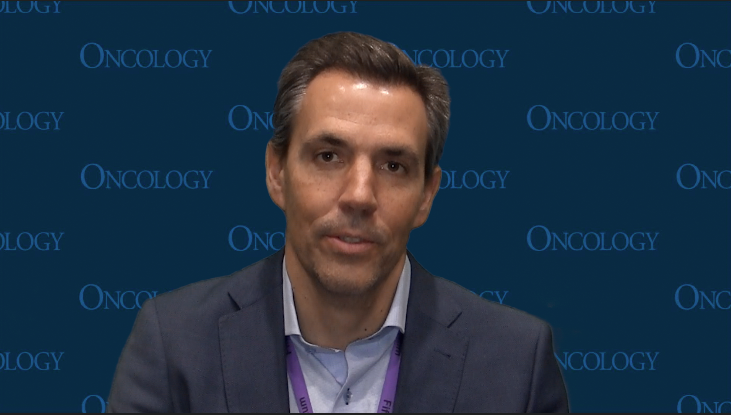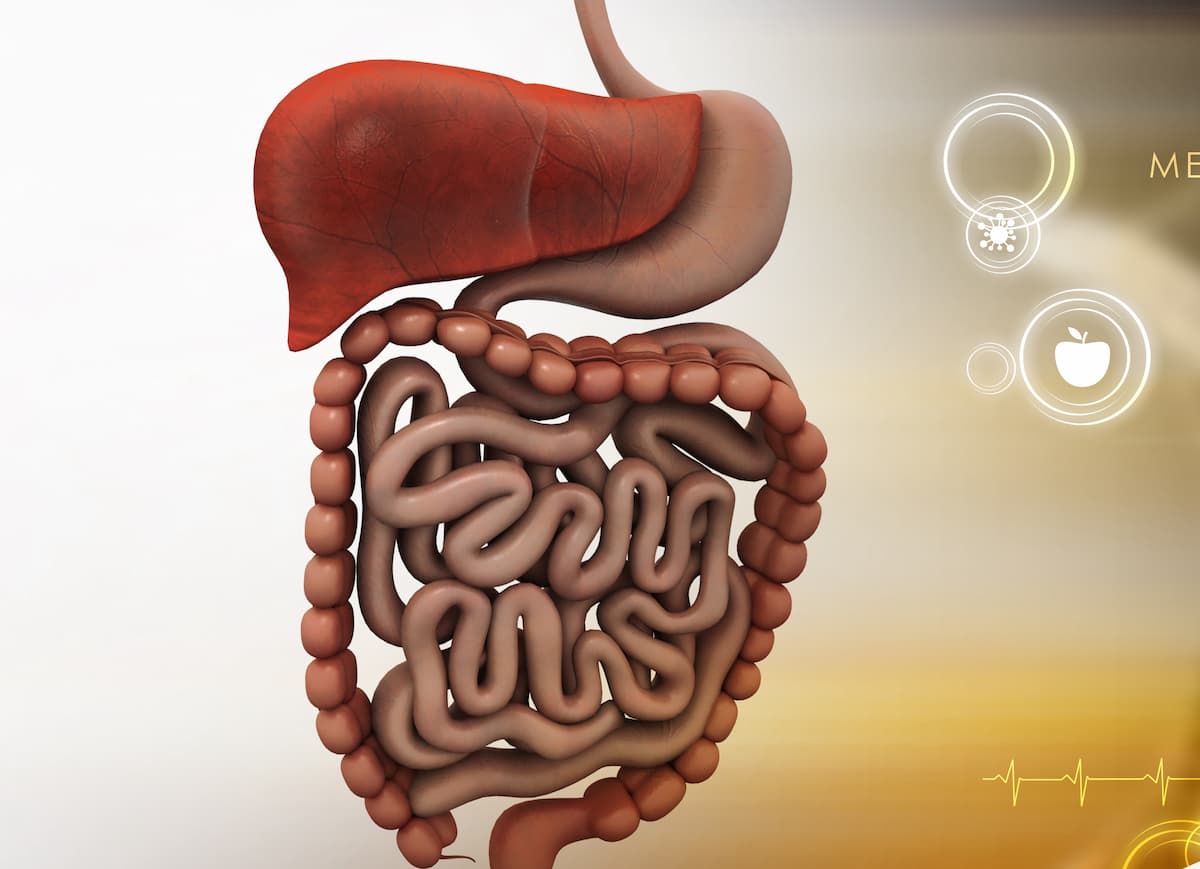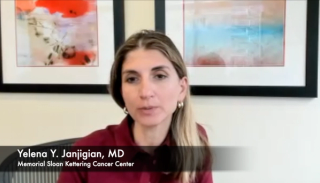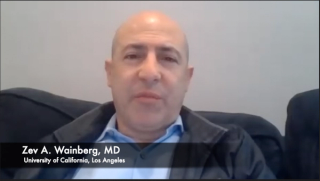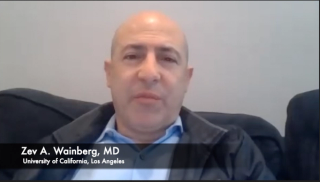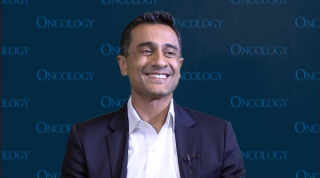
Gastrointestinal Cancer
Latest News

Top 5 Takeaways for Gastrointestinal Cancer Management From 2025 ASCO GI
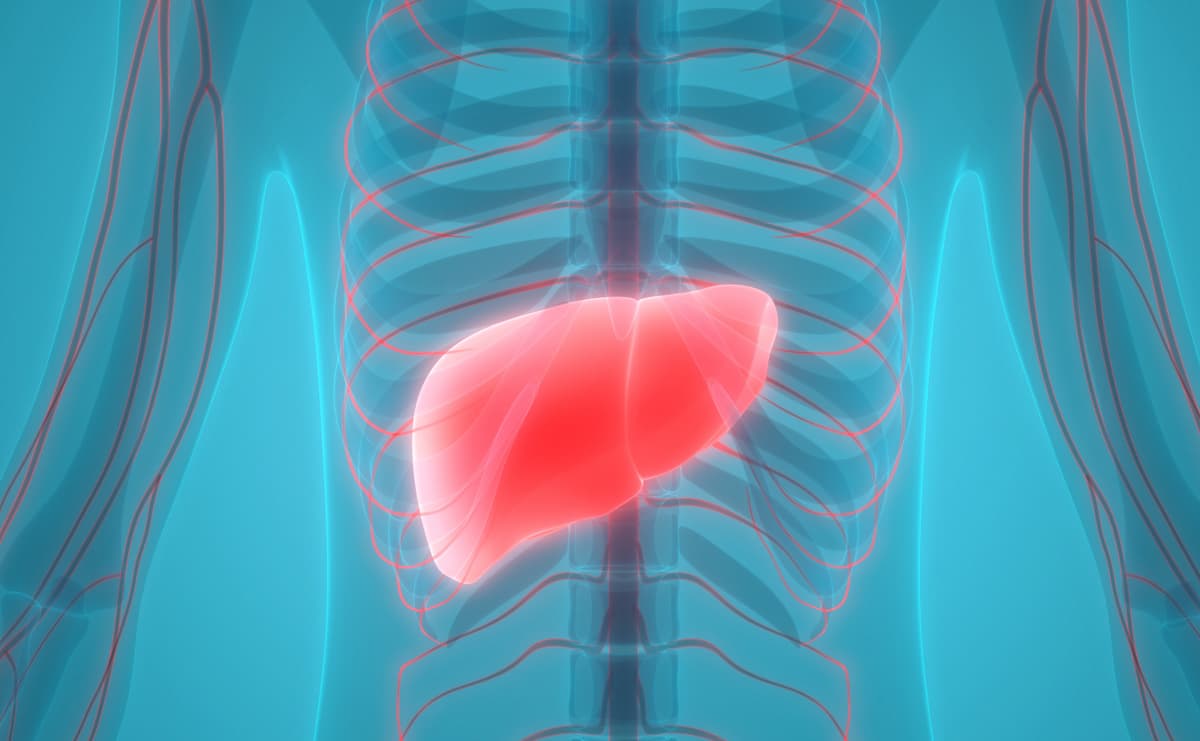
Atezolizumab and Tremelimumab Combos Yield No Survival Difference in First-Line HCC
Latest Videos

CME Content
More News

Additional progression-free survival data from the phase 3 BREAKWATER trial will be presented at future meetings.

The major pathologic response rate improved with extended time to surgery using botensilimab plus balstilimab in resectable colorectal cancer.

Phase 2 data may support fruquintinib plus TAS-102 as an alternative third-line treatment in patients with metastatic colorectal cancer.

Pembrolizumab plus lenvatinib showed a safety profile consistent with previous reports evaluating the combination.

The ALASCCA trial found that the risk of disease recurrence was reduced by 51% for patients with PIK3CA-mutated colorectal cancer who took aspirin for 3 years.

A phase 2 study evaluated the efficacy of balstilimab and botensilimab in patients with MSS metastatic mCRC without liver metastases.

Post-operative ctDNA testing led to a change in adjuvant management in 1 of 6 patients with stage II/III colorectal cancer treated in the BESPOKE trial.

Updated results support nivolumab/ipilimumab as a standard of care in patients with MSI-H or dMMR metastatic colorectal cancer.

The results of a real-world study support palliative care integration in patients with advanced early-onset colorectal cancer.
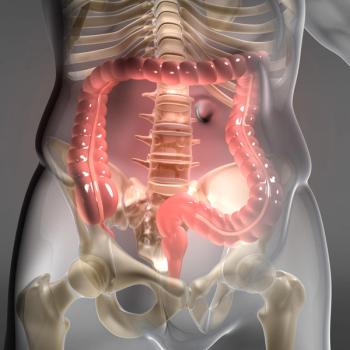
Synchronous metastatic status does not appear to affect survival among patients with resected BRAF V600E-mutated metastatic colorectal cancer.
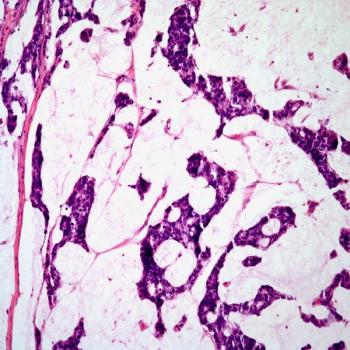
A pCR rate of 44% was observed when neoadjuvant pembrolizumab was given to patients with dMMR colon cancer.
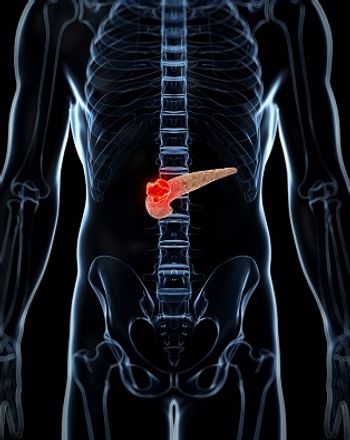
Post hoc analysis of the phase 3 NAPOLI 3 trial assessed how dose reductions in liposomal irinotecan/oxaliplatin affect OS in NALIRIFOX-treated PDAC.

The NeoCaCRT trial found that SCRT followed by cadonilimab and mFOLFOX6 elicited a pCR of 37.0%, meeting its primary end point for patients with locally advanced rectal cancer.

A 3-cohort retrospective analysis compared patients who met eligibility for the NAPOLI 3 trial with all-comers treated with FOLFIRINOX for PDAC.
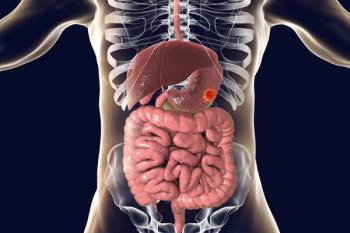
Findings highlight the challenge of evolving logistics for testing and related decision-making in the treatment of those with gastric or GEJ cancers.

Subgroup analysis of the CALGB/SWOG 80702 trial investigated the impact of ctDNA status on DFS in stage III resected colon cancer patients treated with celecoxib or placebo.
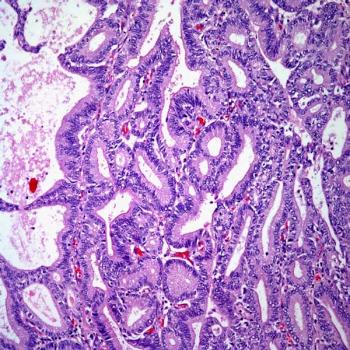
Results from the ACCELERATE trial did not improve relapse-free survival when chemoradiation was added to chemotherapy for patients with resected gallbladder cancer.
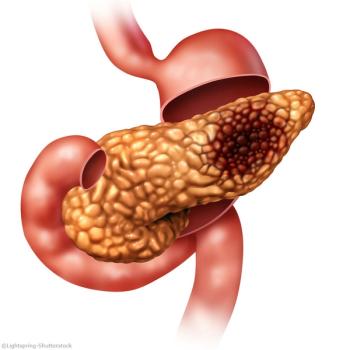
The phase 2 EA2186 trial was the first elderly-specific clinical trial evaluating chemotherapy in vulnerable adults with metastatic pancreatic cancer.

Results from the phase 3 LAPIS trial showed pamrevlumab/chemotherapy did not improve survival vs placebo/chemotherapy in locally advanced, unresectable pancreatic cancer.
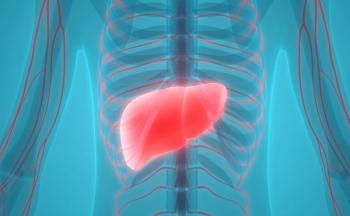
Nivolumab plus ipilimumab generated an ORR of 36% vs 13% from levantinib plus sorafenib in unresectable hepatocellular carcinoma in the CheckMate 9DW study.
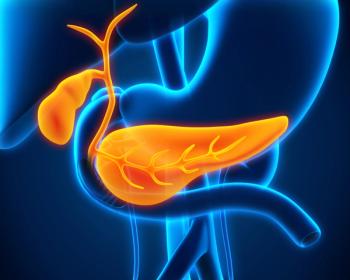
Updated phase 2 results support further investigation of surufatinib plus TAS-012 in a larger cohort of patients with pancreatic ductal adenocarcinoma.
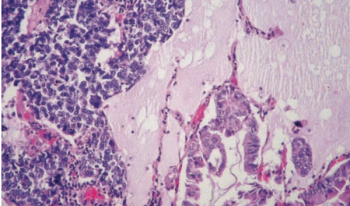
Patients who received cabozantinib experienced a PFS of 8.5 months vs 5.6 months with placebo, a subgroup analysis from the CABINET trial found.
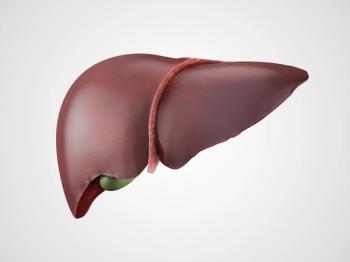
Additionally, data show a trend towards improved overall survival with TACE plus camrelizumab/rivoceranib in the phase 2 CARES-005 study.

Sintilimab plus neoadjuvant chemoradiotherapy yielded a pCR rate of 60% vs 13% from sintilimab plus chemotherapy in patients with locally advanced ESCC.

Phase 1/2 SYLT-023 trial evaluated the efficacy and safety of tislelizumab plus chemotherapy in patients with advanced, HER2-negative, mismatch repair–proficient gastric/GEJ cancer.


